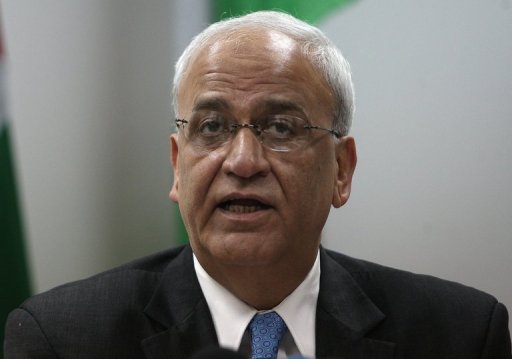Despite the absence of the Supreme Council for Tourism, the Egyptian Federation of Tourism Chambers is preparing an agenda listing the obstacles that is preventing its launch. It will be presented at the first meeting of the Supreme Council of Tourism, if it convenes, according to federation board member Hussein Shoukry, who added that the federation is requesting the activation of the council.
The topics to be presented in the federation’s agenda include the Labour Law, taxes on the federation, incentives provided by the state for the federation especially for implementing investments and supporting stalled projects, in addition the coordination between the various ministries with the Ministry of Tourism, according to Shoukry.
Chairman of the Egyptian Federation of Tourism Chambers, Elhamy El-Zayat, believes that the convening of the Supreme Council for Tourism is the only way to eliminate the sector’s crises from the roots, explaining that the goal of activating the council is to develop integrated solutions amongst ministries and implement them in a way that eventually benefits the federation.
Although board members of the federation do not know when the first meeting of the supreme council will take place, they believe they must be ready when the cabinet calls for a meeting.
The ministry targets the arrival of 12 million tourists by the end of 2015, compared to 9.9 million during last year.
Sami Soliman, Chairman of the Investors Association in South Sinai, said that the tourism ministry alone will not be able to address obstacles facing the federation, as it aims to promote tourism activities abroad. The important role of supporting tourism locally is the responsibility of other ministries.
Prime Minister Ibrahim Mehleb issued decree no. 634 in 2014 that stipulated the restructuring of the Supreme Council of Tourism to consist of the ministers of defence, tourism, communications and Information Technology, trade and industry, antiquities, culture, planning, local development, foreign affairs, environment, education, youth, high education, and scientific research.
According to a founding policy of the council, it has the right to invite to its meetings other ministers, or governors when discussing issues related to their ministries or governorates. It also has the right to invite tourism experts whom it finds their help is needed and who are not members.
Former minister of tourism, Hisham Zaazou, has mentioned in a previous press statement to Daily News Egypt that the Supreme Council of Tourism is one of the most important bodies in the state that draws the strategy of the sector annually, which contributes to increasing Egypt’s ability to attract the tourists as well as the quality of the tourism product.
One of the benefits of activating the Supreme Council of Tourism is to prevent contradicting decisions to be taken by ministries thereby harming the sector, according to the head of the Tourism Investors Association in South Sinai, Hesham Ali. He added that it is time to eliminate the policy of “isolated islands” that have harmed economic activities in Egypt.
There are 3.8 million people working in the tourism sector, of which 1.8 million are direct labour and 1.7 million are indirect labour, according to Ali. He added that the sector is in second place in terms of foreign currency provisions, after the foreign currency transfers by Egyptians living abroad.



